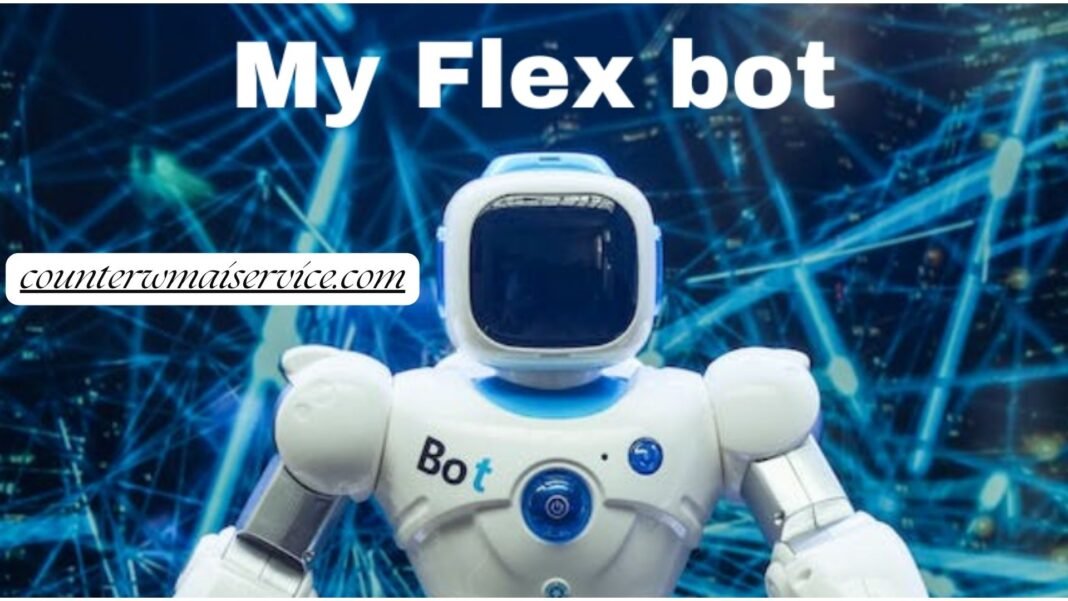In the modern era, technology often gets a bad rap for contributing to stress and digital burnout. However, when used mindfully, digital tools can also significantly enhance mental health and well-being. Websauna.org explores the intersection of technology and well-being, highlighting how various digital tools and platforms can support mental health and improve quality of life.
The Digital Age and Mental Health
The rapid advancement of technology has revolutionized the way we live, work, and interact. While this has brought numerous benefits, it has also introduced challenges, such as increased screen time, social media pressure, and the constant bombardment of information. These factors can negatively impact mental health, leading to anxiety, depression, and a sense of disconnection.
However, technology also offers powerful solutions to these problems. By leveraging digital tools thoughtfully, we can create a more balanced and healthy relationship with technology.
Mindfulness and Meditation Apps
Mindfulness and meditation have been proven to reduce stress, improve focus, and enhance emotional regulation. Digital tools have made these practices more accessible than ever:
– Headspace: This popular app offers guided meditations, mindfulness exercises, and sleep aids. It’s designed to help users develop a regular meditation practice, regardless of their experience level.
– Calm: Calm provides a range of mindfulness and relaxation resources, including guided meditations, sleep stories, and breathing exercises. It’s a comprehensive tool for promoting mental well-being.
– Insight Timer: With thousands of free guided meditations and a supportive community, Insight Timer is a versatile platform for exploring different meditation techniques.
Mental Health Apps and Platforms
Several apps and online platforms provide mental health support, making therapy and counseling more accessible:
– BetterHelp: This platform connects users with licensed therapists for online counseling sessions. It offers flexibility in communication methods, including video, phone, and text.
– Talkspace: Similar to BetterHelp, Talkspace provides access to licensed therapists through a subscription model. Users can communicate with their therapist via text, voice, and video messages.
– Woebot: Woebot is an AI-powered chatbot that offers cognitive-behavioral therapy (CBT) techniques. It provides users with tools to manage their mental health through interactive conversations.
Fitness and Wellness Apps
Physical health is closely linked to mental well-being. Digital fitness and wellness tools can help maintain a healthy lifestyle:
– MyFitnessPal: This app helps users track their diet and exercise, promoting healthy habits and fitness goals. It offers a comprehensive database of foods and exercises.
– Nike Training Club: Nike’s app provides a variety of workout plans and fitness routines tailored to different fitness levels and goals. It’s a great tool for staying active and reducing stress.
– Strava: Popular among runners and cyclists, Strava tracks physical activities, providing detailed analytics and a social platform for sharing achievements and staying motivated.
Digital Detox and Screen Time Management
Managing screen time is crucial for mental health. Several apps can help monitor and reduce digital usage:
– Moment: Moment tracks screen time and provides insights into digital habits. It offers tools to help users set limits and reduce their phone usage.
– Forest: Forest encourages users to stay focused and reduce phone distractions by growing virtual trees. It’s a gamified approach to managing screen time.
– StayFree: This app tracks phone usage and app activity, helping users identify time-wasting habits and set goals for reducing screen time.
Online Communities and Support Networks
Online communities can provide valuable support and connection, especially for those struggling with mental health issues:
– Reddit: Subreddits like r/mentalhealth and r/selfimprovement offer spaces for people to share experiences, seek advice, and find support from others facing similar challenges.
– Facebook Groups: There are numerous Facebook groups dedicated to mental health support, mindfulness, and wellness. These groups can provide a sense of community and shared understanding.
– Mental Health Forums: Dedicated forums like Psych Central and The Mighty offer resources, discussions, and support for various mental health conditions.
Conclusion
While technology can contribute to stress and digital overload, it also offers powerful tools for enhancing mental health and well-being. By leveraging mindfulness and meditation apps, mental health platforms, fitness and wellness tools, screen time management apps, and online communities, we can create a healthier relationship with technology. Embracing these digital tools mindfully can lead to improved mental health, greater balance, and a more fulfilling life.
For more insights into the role of technology in enhancing well-being, visit Websauna.org.


